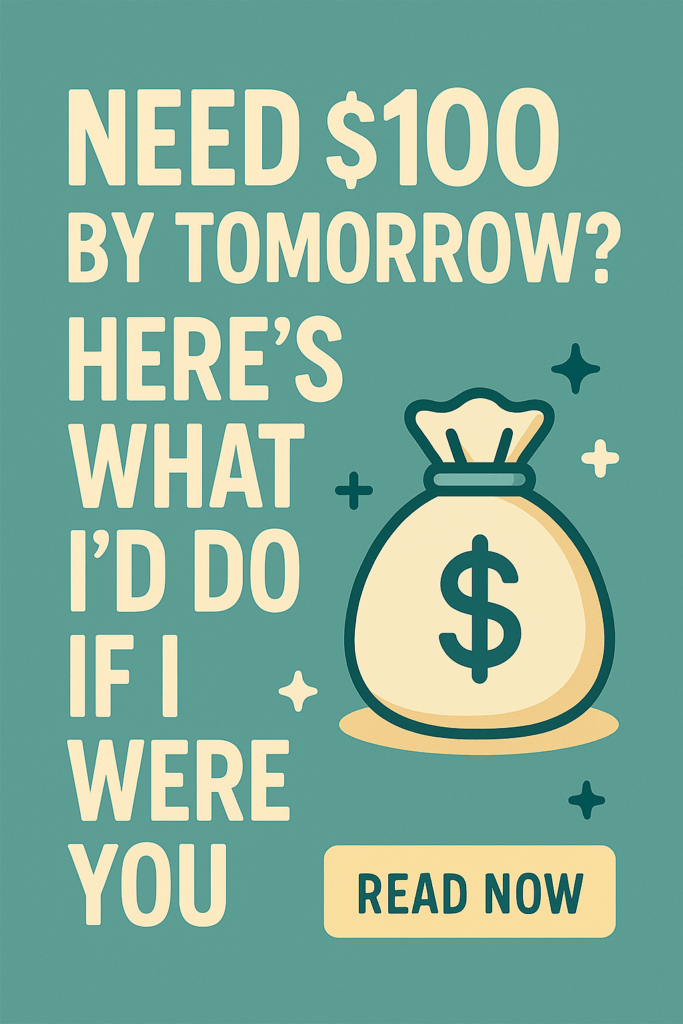Table of contents
The Roadmap to Financial Success for Freelancers: Simple Steps to Take
In today’s gig economy, freelancing has become a viable and often lucrative option for many. However, navigating the financial maze of self-employment can be daunting, particularly when debt and expenses loom large. Whether you’re a seasoned freelancer or just starting, a structured approach can make all the difference. This roadmap will guide you through simple, actionable steps to cut bills, add income streams, and pave the way to financial success.
Phase 1: Assess Your Current Financial Situation
Short quiz → match to openings; beginner-friendly and fully online.
Before you embark on your journey to financial independence, it’s crucial to understand where you currently stand. Here’s how to get started:
Step 1: Calculate Your Income and Expenses
Create a simple spreadsheet or use budgeting apps to track your monthly income and expenses. Include all sources of income, like:
- Freelance projects
- Side gigs
- Passive income streams
And don’t forget to list all your expenses, including:
- Rent or mortgage
- Utilities
- Groceries
- Subscriptions
- Loan payments
This overview will give you a clearer picture of your financial landscape and help identify areas where you can cut back.
Step 2: Identify Debt Obligations
If debt is part of your financial picture, categorize it based on interest rates and total amounts owed. Common types of debt include:
- Credit cards
- Student loans
- Personal loans
This will help you prioritize which debts to tackle first, focusing on high-interest ones.
Phase 2: Cut Bills and Reduce Expenses
Once you have a clear understanding of your finances, it’s time to trim the fat. Here are some effective strategies:
Step 1: Audit Your Subscriptions
Many of us subscribe to services we don’t use regularly. Take the time to evaluate each subscription (streaming services, gym memberships, etc.) and cancel those that aren’t adding value to your life.
Step 2: Negotiate Bills
Contact your service providers (internet, phone, etc.) and negotiate for lower rates. Don’t hesitate to mention competitor offers as leverage.
Step 3: Embrace Minimalism
Cutting back on unnecessary spending can help you save significantly. Focus on essentials and consider adopting a minimalist lifestyle. This doesn’t mean deprivation; instead, it’s about making mindful choices.
Step 4: Explore Budgeting Apps
Using apps like Mint or YNAB can make tracking your expenses easier. They allow you to visualize your spending habits and set goals for savings.
Phase 3: Boost Your Income Streams
Answer a quick set of questions and see simple social media tasks that pay.
Now that you’ve tightened your budget, it’s time to increase your earnings. Here are several methods to explore:
Step 1: Leverage Your Skills
Freelance writing is in high demand. If you have a knack for writing, platforms like WritingJobs can help you connect with potential clients seeking content creators.
Step 2: Diversify Your Freelance Portfolio
Don’t limit yourself to one type of freelance work. Consider exploring side hustles that complement your writing skills, such as:
- Copywriting
- Blogging
- Editing and proofreading
Step 3: Utilize Online Job-Matching Services
The gig economy has numerous job-matching platforms that can help you find freelance work quickly. One of the best options is ChatJobs, which connects you with jobs that suit your skills and schedule. It’s user-friendly and offers a wide array of opportunities.
Step 4: Explore Additional Side Hustles
In addition to writing, explore platforms such as:
- SocialPaid: Perfect for those who enjoy social media engagement. Get paid for your opinions and thoughts!
- Freecash: Earn money through various online tasks an
d surveys that pay.
Phase 4: Set Financial Goals
After assessing your financial situation, cutting expenses, and boosting your income, it’s time to set actionable financial goals. Consider using the SMART criteria:
- Specific: Clearly define what you want to achieve.
- Measurable: Quantify your goals to track progress.
- Achievable: Set realistic targets.
- Relevant: Align your goals with your overall financial objectives.
- Time-bound: Set deadlines to stay accountable.
For instance, if you want to pay off a credit card, specify the amount, the timeline, and how much you need to save each month to achieve this goal.
Phase 5: Seek Help When Needed
Apply to writing gigs that fit your schedule, from short reviews to blog posts.
Sometimes, financial challenges can feel overwhelming. Don’t hesitate to seek professional help. Consider working with a financial advisor or a credit counseling service like Cura
Debt if you’re feeling overwhelmed by debt.
Conclusion
Achieving financial success as a freelancer doesn’t have to be an elusive dream. By following this structured roadmap—assessing your situation, cutting bills, boosting income, setting clear goals, and seeking help—you can take control of your finances and pave the way toward a more secure future. Remember, the journey may take time, but with dedication and the right strategies, you can find your financial footing and thrive in the freelancing world. Start today, and you’ll be amazed at how far you can go.





















